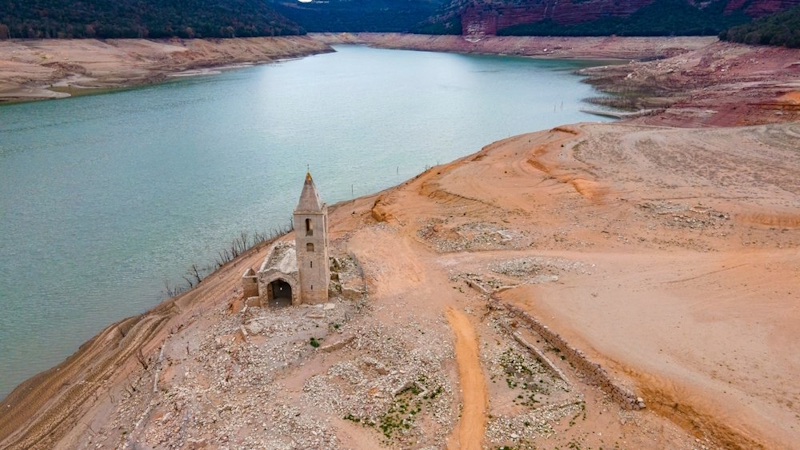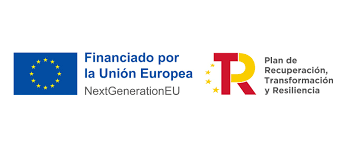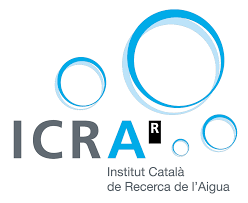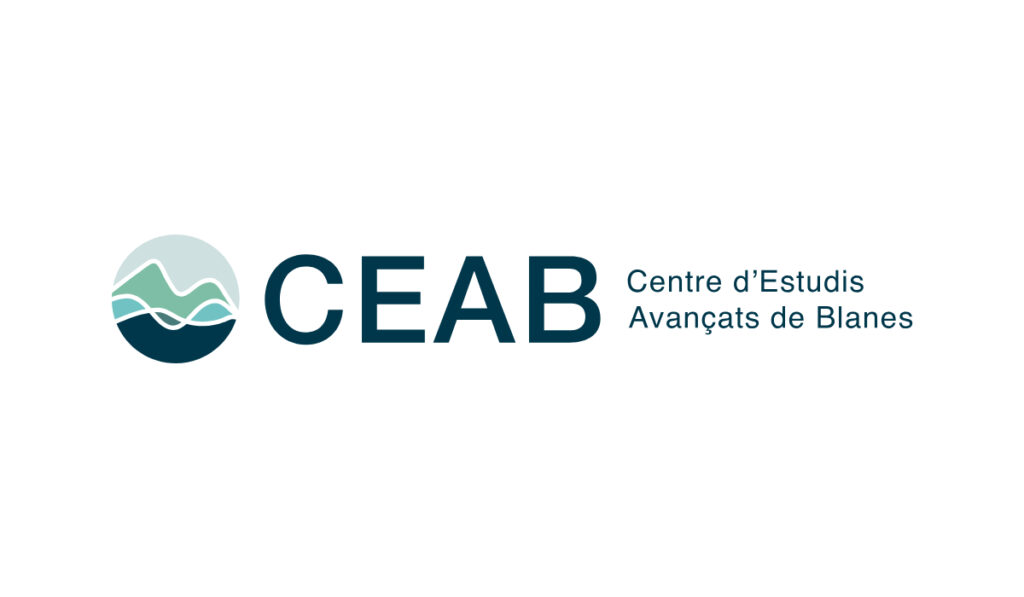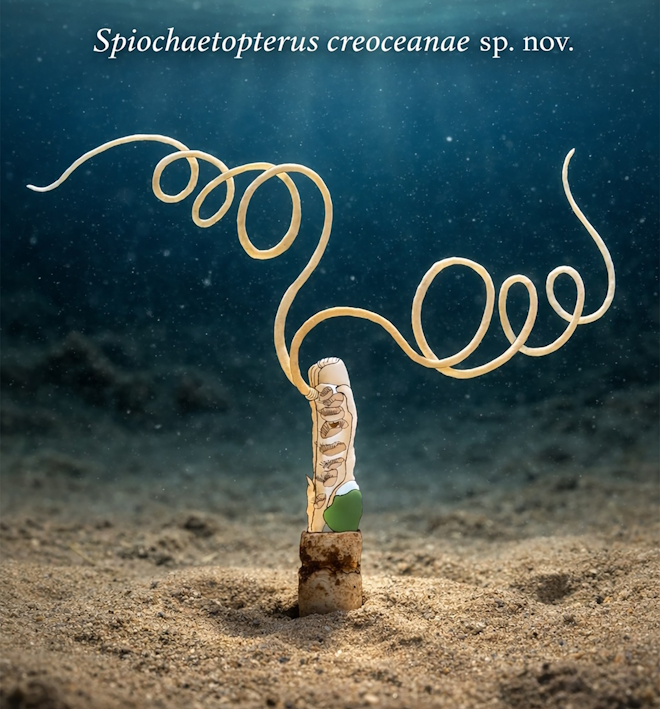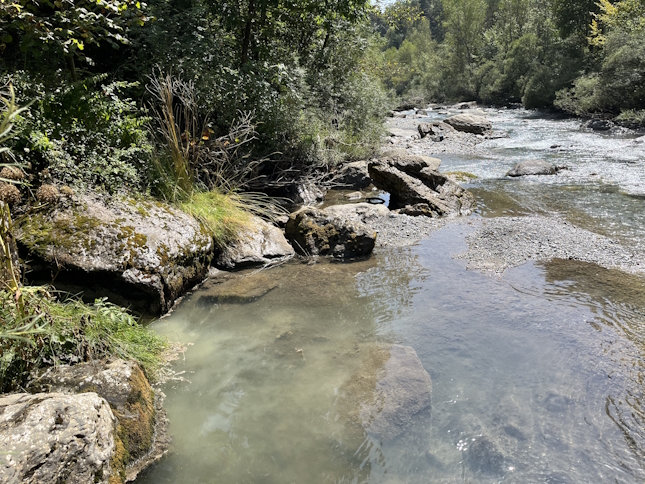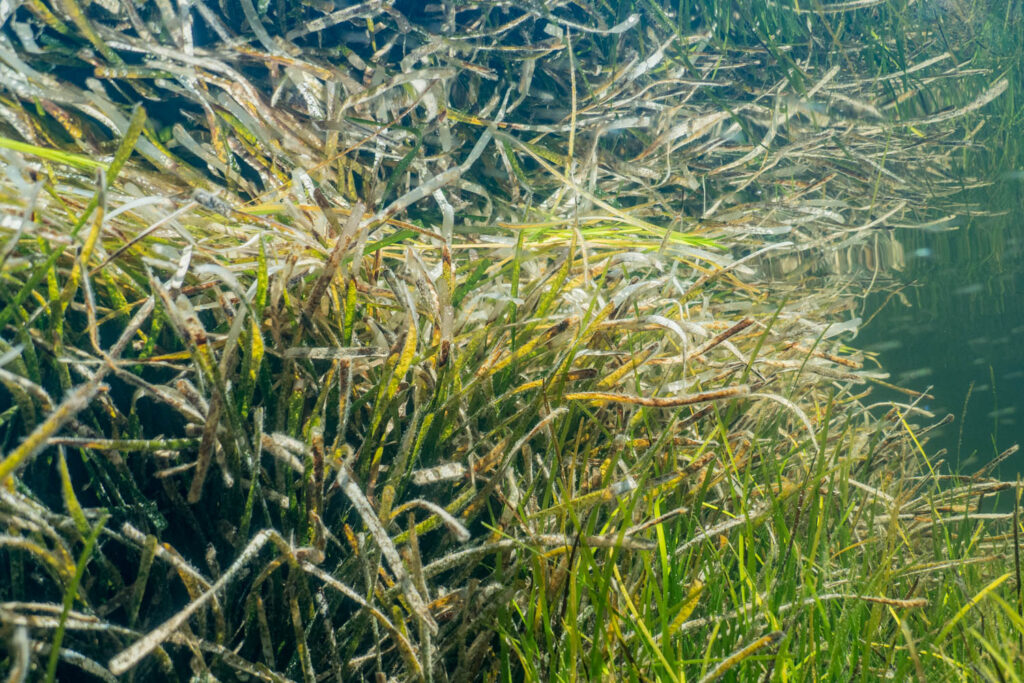The intoDBP project was featured in the 22 Med website article addressing the extreme climate challenges affecting Barcelona and other European regions. The article explains how the region is facing its most serious drought in more than a century, a crisis that extends beyond its borders to other regions of Spain.
As water resources and the environment are severely affected by prolonged periods of drought, the need for long-term sustainable solutions has never been more urgent. In this context, the intoDBP project is mentioned for its innovative approach to water management. The project aims to improve water quality and minimize exposure to harmful disinfection byproducts.
With Catalonia implementing its Special Drought Response Plan, intoDBP’s contributions are critical to promoting the region’s water security and resilience strategies. Find out more about how the intoDBP project is helping Catalonia and other areas potentially affected by drought by visiting the full article on the 22 med website.

